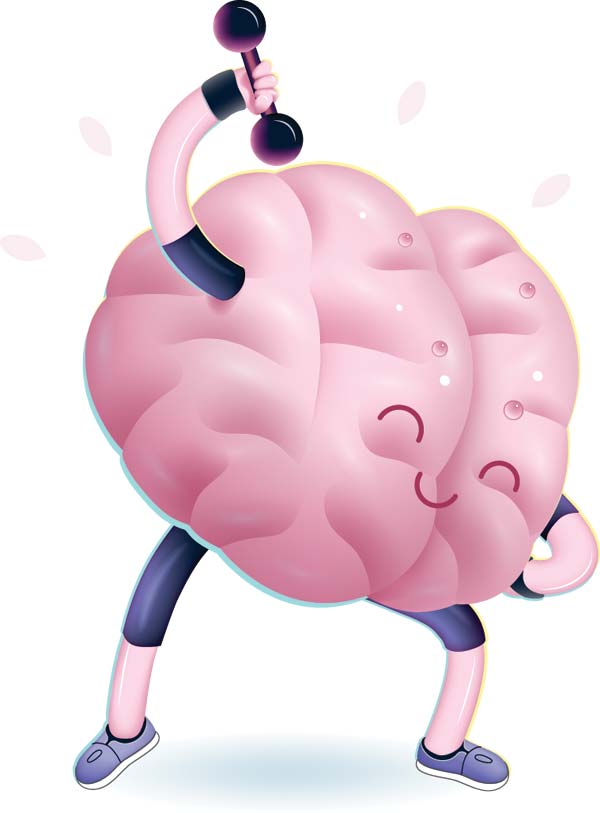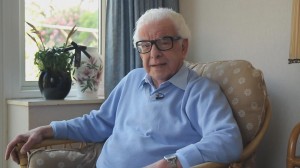High blood pressure is very common among adults. The blood pressure measured above 120/80 mmHg is considered to be higher than normal blood pressure. The statistics released by the Centers for Disease Control and Prevention (CDC) shows that 1 in 3 adults in the United States have high blood pressure. High blood pressure usually doesn’t have symptoms. However, sometimes the people with high blood pressure may experience headache, blurred vision, dizziness, nausea, vomiting, shortness of breath, and chest pain.
If high blood pressure usually doesn’t have symptoms, then what should you do? I guess I don’t have to tell you about it. You need to get your blood pressure checked every now and then. There are people who just ignore their high blood pressure, and due to their carelessness, it leads them to various diseases, which are caused by uncontrolled blood pressure. If you have high blood pressure, then you should better get it under control. In this article, you will get to know about how high blood pressure can affect your brain health.
How high blood pressure can have an adverse impact on your brain health?
It is very crucial to control your blood pressure to reduce the chance of suffering from brain diseases. There are many things, which can lead to high blood pressure like smoking, stress, overweight, salty foods, and others. You should modify your lifestyle to minimize the chances of having blood pressure. When you minimize your chances of having high blood pressure, you automatically minimize the chances of suffering from brain diseases as well.
Some of the brain diseases are dementia, Huntington’s disease, Parkinson’s disease, and others. The statistics show that 5.4 million Americans are diagnosed with Alzheimer and 1 million Americans are diagnosed with Parkinson’s disease. Moreover, the numbers are expected to further increase in the upcoming years. With the high prevalence of brain diseases, it is necessary to take good care of your brain health. In addition to controlling your blood pressure, you should also consume best brain foods for improving your brain health.
Your brain needs sufficient blood supply to function properly. High blood pressure could cause severe damage to your brain if it is not controlled. Here are the ways how high blood pressure can affect your brain health.
Transient ischemic attack (TIA): TIA is also called mini stroke. It is simply a temporary obstruction of blood supply to your brain. The root cause of TIA is high blood pressure. TIA is generally caused because of a blood clot or atherosclerosis, which are caused because of high blood pressure.
Damages and weakens your brain’s blood vessels: Uncontrolled blood pressure will damage and weakens the blood vessels in your brain. This will further lead in narrowing, rupturing, or leakage. When this happens, you are likely to suffer from stroke. Moreover, uncontrolled blood pressure will also form a blood clot in your arteries, which blocks the blood from getting to the brain, which will lead to stroke.
Dementia: Dementia is simply a brain disease, which causes thinking, reasoning, memory, and other problems related to functions of the brain. There are various causes of dementia, and one of the causes is high blood pressure. As high blood pressure results in obstruction in arteries, which is responsible for providing blood to the brain, it causes vascular dementia.
Mild Cognitive Impairment: You need a good memory to smoothly carry out your day to day activities. However, with cognitive impairment, you will not be able to smoothly carry out your day to day operation. Mild cognitive impairment may be caused due to aging, diabetes, smoking, and high blood pressure. The obstruction of blood flow to your brain caused because of high blood pressure does not allow your brain to function properly, which may lead to mild cognitive impairment. You can try some of the top brain supplements like Geniux to improve your memory.
Conclusion
You are now well aware about the risks of not controlling your blood pressure. It is absolutely critical to control your blood pressure to improve your overall health. Your brain is a central processing unit of your body, and you don’t want to be careless regarding your brain health. You should seek for every possible way to improve your brain health; however, the first step is to control your blood pressure. You can also try some of the top memory aids for improving your memory.
I hope you will modify your lifestyle after reading this article. You can modify your diet, and do some physical workouts enhance your overall health. The study shows that exercises can also enhance your overall brain health. You don’t need to panic; you just need to take necessary actions to improve your health and lifestyle.
Author Bio:
Annie Lizstan works as a health and beauty consultant for online websites and an independent researcher by profession. She had completed her studies from university of Arizona and lives in Wasilla, Alaska. She has experience researching as a passion as well as profession. You can also connect with her on Facebook, Twitter and Pinterest.


